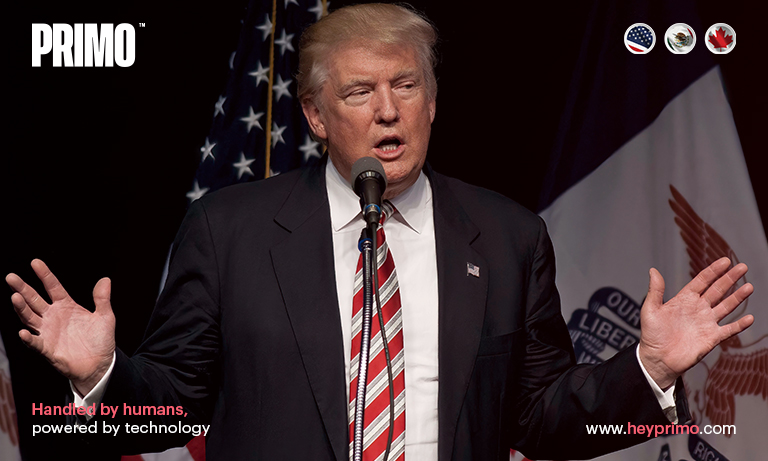
President Trump’s imposition of a 25% tariff on automotive imports, extending to critical sectors like semiconductors and pharmaceuticals, has significantly increased production costs for manufacturers. These tariffs, combined with new duties on steel, aluminum, and cross-border goods, have created additional financial pressure, forcing companies to rapidly adjust supply chain strategies to maintain competitiveness.
Key Challenges:
PRIMO’s Strategic Response:
To counter these challenges, PRIMO employs a human-first approach and tech-enabled carrier networks to optimize freight operations, reduce logistical bottlenecks, and stabilize supply chains. By prioritizing collaboration and leveraging advanced technology, PRIMO helps manufacturers navigate tariff-driven cost escalations while ensuring efficient, reliable freight movement and long-term supply chain resilience.
This integrated strategy addresses both immediate cost pressures and the need for sustainable operational adjustments in a volatile trade environment.
Reference: Trump says auto, pharmaceutical and chip tariffs are coming | Supply Chain Dive